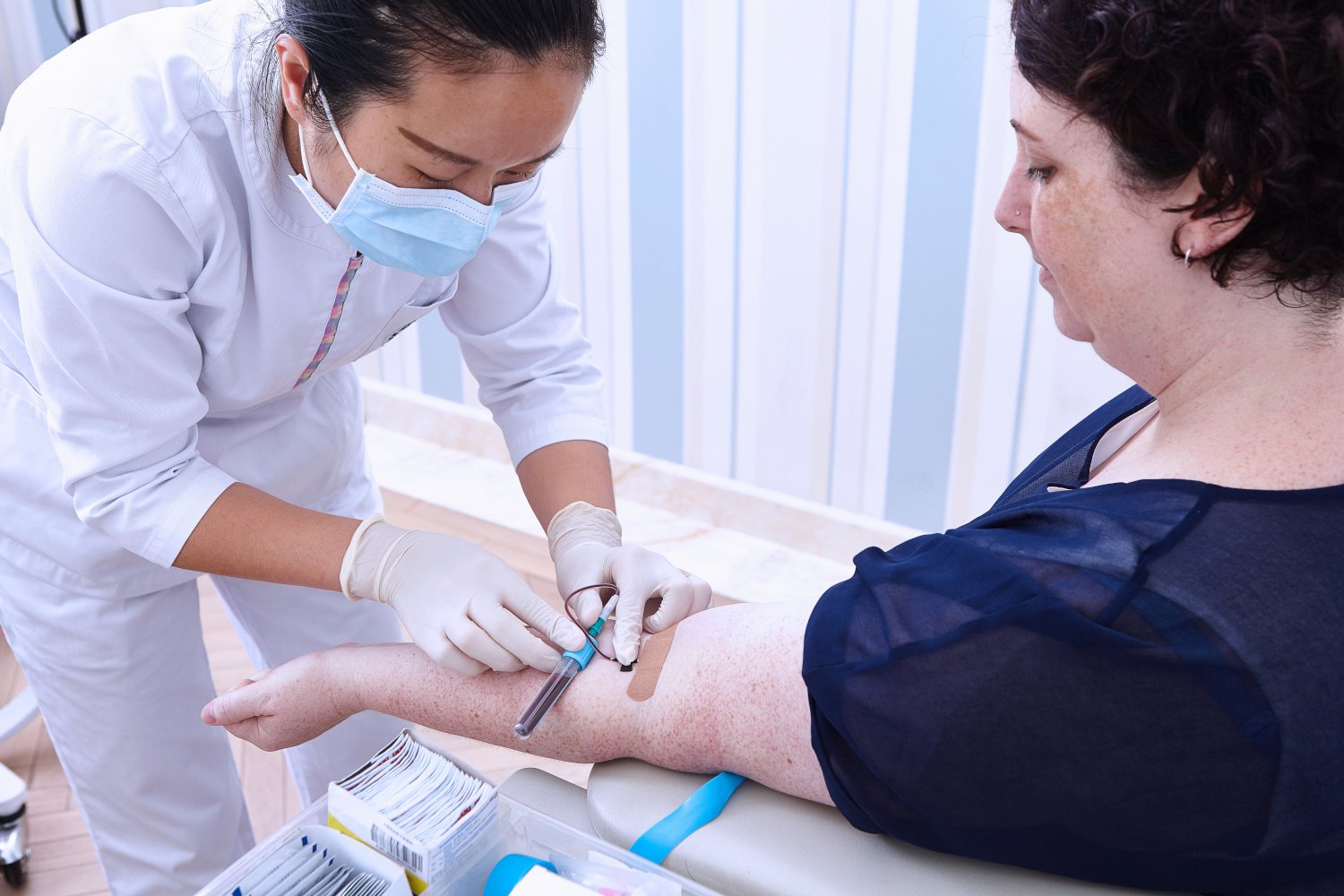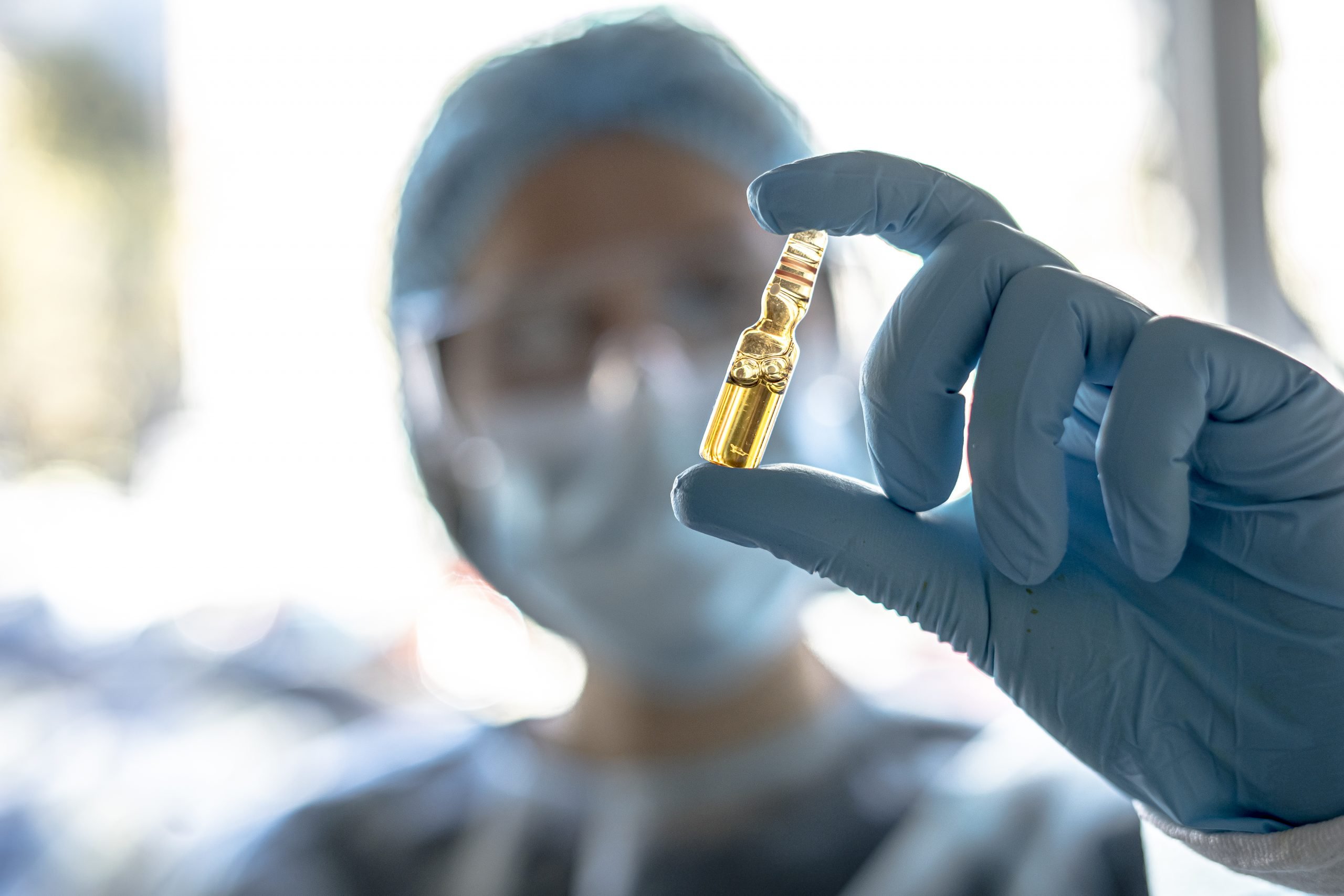Ketamine therapy is becoming an increasingly popular treatment for people with depression who can’t find relief from other medications. The treatment involves receiving low doses of ketamine multiple times a week for 2-3 weeks. It’s often coupled with therapy to help individuals achieve breakthroughs and solidify ketamine’s antidepressant effects. After a successful treatment, people typically see relief for many months before needing “booster” doses.
The rapid rise in ketamine’s popularity is leaving many people curious concerning the drug’s safety or the potential health risks of ketamine treatment. In our previous post, we talked about ketamine’s potential interactions with other medications. Compared to traditional antidepressants, there are very few side effects associated with ketamine therapy, the most common being mild hallucinations or floating sensations during treatment, or feeling tired or sluggish afterwards. But what about health concerns associated with using ketamine?
As ketamine has been widely abused as a recreational drug, many people may have heard of various health concerns associated with ketamine use. One of the most common is “ketamine bladder disorder” or ketamine-induced cystitis (KIC). This condition occurs in people who abuse ketamine regularly for a long period of time and consume doses significantly larger doses than those prescribed in ketamine treatment.
What is ketamine-induced cystitis?
Ketamine bladder syndrome is a painful condition caused by damage in the urinary system leading to chronic inflammation. Symptoms can include frequent urination, pelvic pain, bladder epithelial barrier damage, ureter stenosis, or in severe cases, kidney failure.
The severity of KIC is directly related to frequency of ketamine use and dosage. Researchers in 2016 discovered that ketamine may cause apoptosis (cell death) within the urinary tract at certain concentrations, damaging the urinary barrier.
Cessation of ketamine use is correlated with improvement in symptoms and protection against damage in bladder function. Other treatment options include NSAIDs, anticholinergics, and pentosan polysulfate.
Should I be worried about ketamine bladder disorder?
For people who are receiving or thinking about starting ketamine treatment, KIC is of no concern. This disorder occurs in individuals who use large, uncontrolled doses of ketamine over a significant period of time. The doses administered in ketamine therapy are much lower and are only given for a period of a few weeks. Additionally, doses and side effects are always closely monitored by a medical team. If you are worried about the side effects of ketamine treatment, talk with your doctor before starting therapy.


























